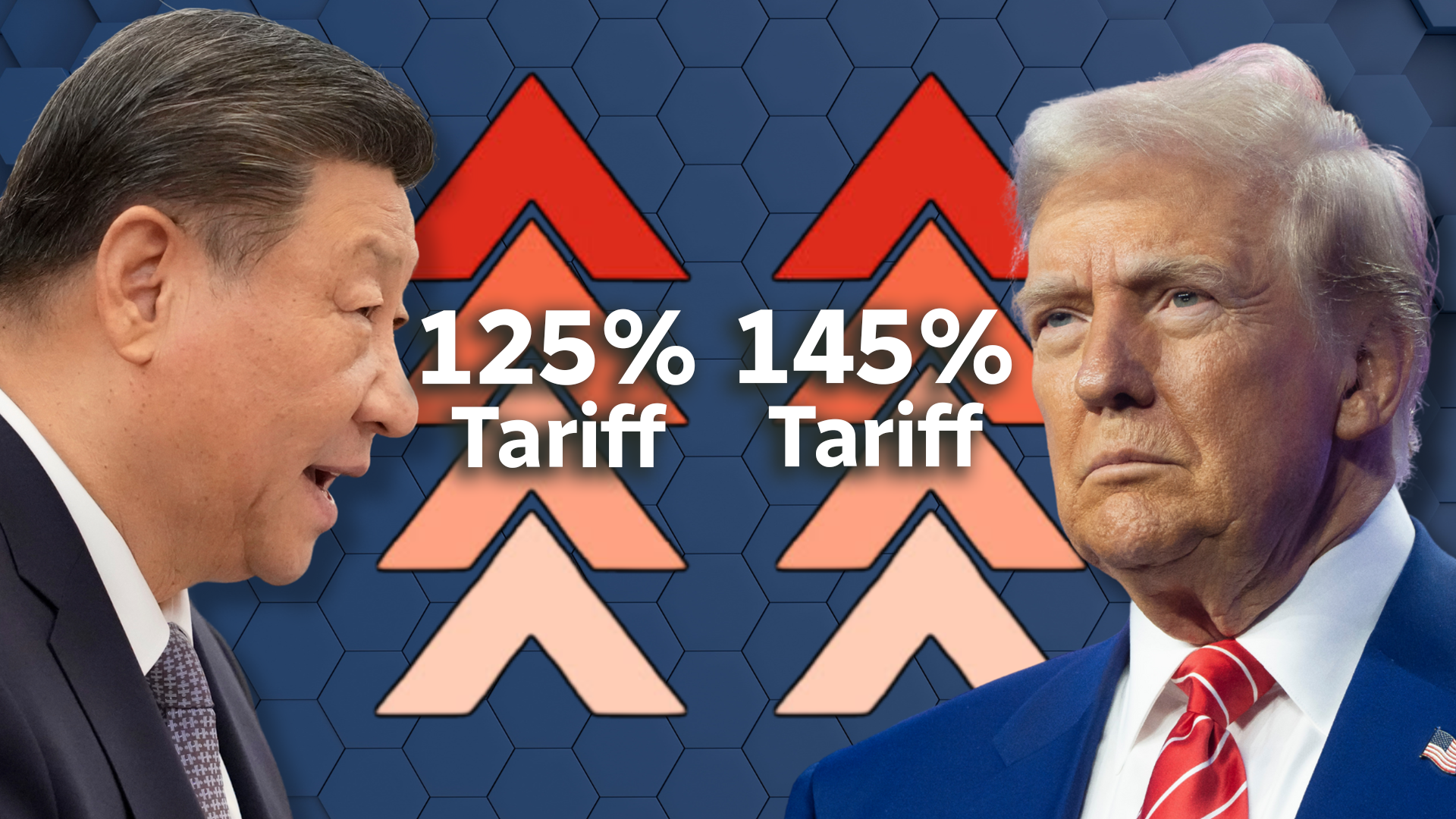Canada is paying ‘a huge price’ for Volkswagen’s battery factory. Is it worth it?

Auto industry analysts say Canada paid a high price to move Volkswagen’s first North American electric vehicle (EV) battery plant to St. Thomas, Ont.
Parliamentary budget officer Yves Giroux said this on Wednesday released a report details of his calculations.
Giroux said it would cost the public at least $16.3 billion to build the plant, $2.8 billion more than the federal government first announced in April due to differences in US and Canadian corporate tax rules. Production at the plant is expected to start in 2027.
Giroux called the $16.3 billion figure “significant” but said he was unable to calculate the plant’s full economic spin-off because the federal government is still bound by confidentiality when it comes to the actual production numbers of Volkswagen.
Aside from the estimated 1,400 jobs generated by the plant’s construction, it is impossible to know how much economic activity the plant will generate or whether it will be enough to justify the gargantuan taxpayer bill, making it a matter of debate for being created in the coming years.
Prof outlines the cost of going toe-to-toe with the US
For Greig Mordue, an associate professor of automotive engineering at McMaster University in Hamilton and a former Ontario automaker, the price doesn’t justify the return on investment.
“No,” he said. “We’re going to get some additional benefits from the investment in St. Thomas, there’s no question about that. They’re just not going to be as deep and wide and broad as they would be if those investments were made in the US. USA”
For Canada, Mordue said, the $16.3 billion price tag illustrates the exorbitant consequences of Canada coming face to face with the Americans when it comes to subsidizing electric vehicle production.
To encourage Americans to buy more electric vehicles built in North America, Congress introduced a host of incentives under the Inflation Reduction Act. Canada lobbied hard to be part of the policy change, but instead of coming up with its own set of subsidies tailored to the Canadian auto industry, Mordue said, Canada simply copied the US one.
“The reality is that the U.S. auto industry differs from the Canadian industry in quite substantive ways.”
The biggest difference, he said, is that the US auto industry is dominated by companies headquartered in the United States. Having a headquarters, he said, yields the most returns because the knowledge-intensive work — including research and development, finance and business decision-making — generates the most economic value.
“We’re getting a battery factory,” he said. “We don’t get all of the highest value, most knowledge-intensive work. So we have this US industrial policy tool that we’ve appropriated for our own purposes, but it’s a different industry, so we’re paying a huge price.”
Rooted in Canada, Cost is playing catch-up
Nate Wallace, the clean transportation program manager at Canada’s Environmental Defense organization, agrees that the price is huge, but it’s a price Canada must pay if it wants to be competitive in an industry in which China is the world leader.
“Do we want to be stuck making gasoline cars for the next 10 years, or do we want to make cars of the future for the next 100 years?”
Wallce said China saw a decade ago what North American leaders failed to see when it reformed its auto industry policies after the 2008 financial crisis.
At the time, governments in Canada and the US were forced to bail out domestic automakers, but what should have been an opportunity to put the industry on a greener path was wasted, according to Wallace.
“[This is] the consequences of the policy choices we’ve made over the past decade and the lack of a good industrial policy, so that now, as the clock ticks, we’re stuck with positing.”
“We don’t really have a domestic automaker,” he said. “All the car manufacturers that make cars here have their headquarters somewhere else. We are forced to deal with that.”
‘It’s worth it’
It’s also hard to say how much wealth the money will bring, especially without a full accounting of what the Volkswagen factory will produce. But according to Sean Dyke, chief executive officer of the St Thomas Economic Development Corporation, the view on the city streets is certainly different.

“Certainly from our perspective, this means additional prosperity for our community for future generations,” he said. “I think it’s worth it.”
Dyke said that for St. Thomas — with its prosperity owed in part to the industries that have called the city home for generations, including Freightliner, Ford and before that mighty American locomotives — it’s about the ability to put in a hard day’s work and the pride that comes from self-reliance.
“This means thousands of jobs for our region. It means spin-off opportunities for tens of thousands of people. It means families who can afford their groceries for decades to come.
“I don’t see there’s anything negative about that.”



;Resize=620)
